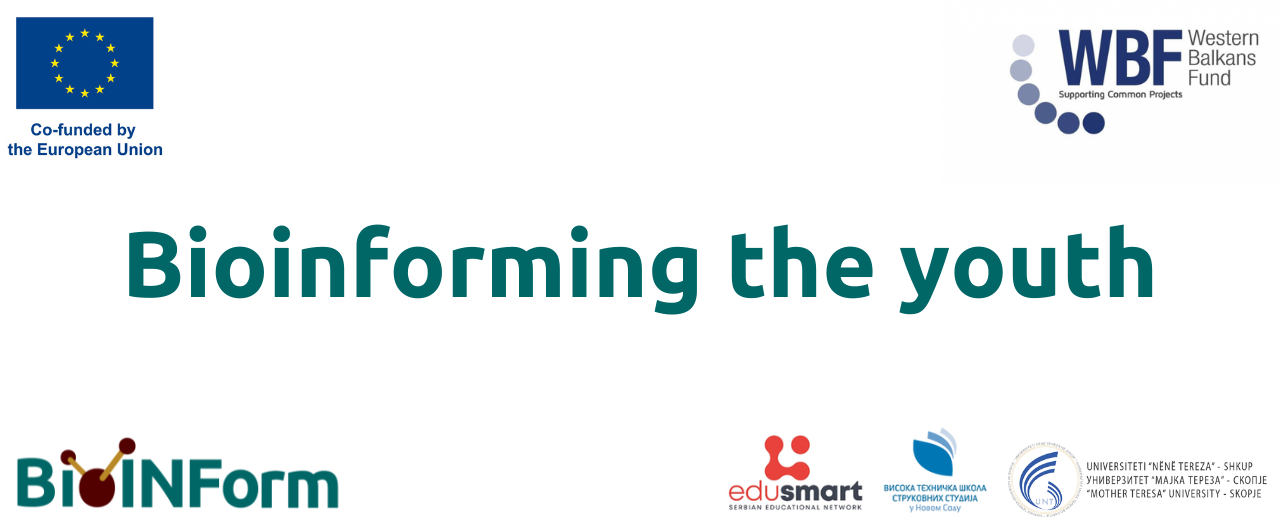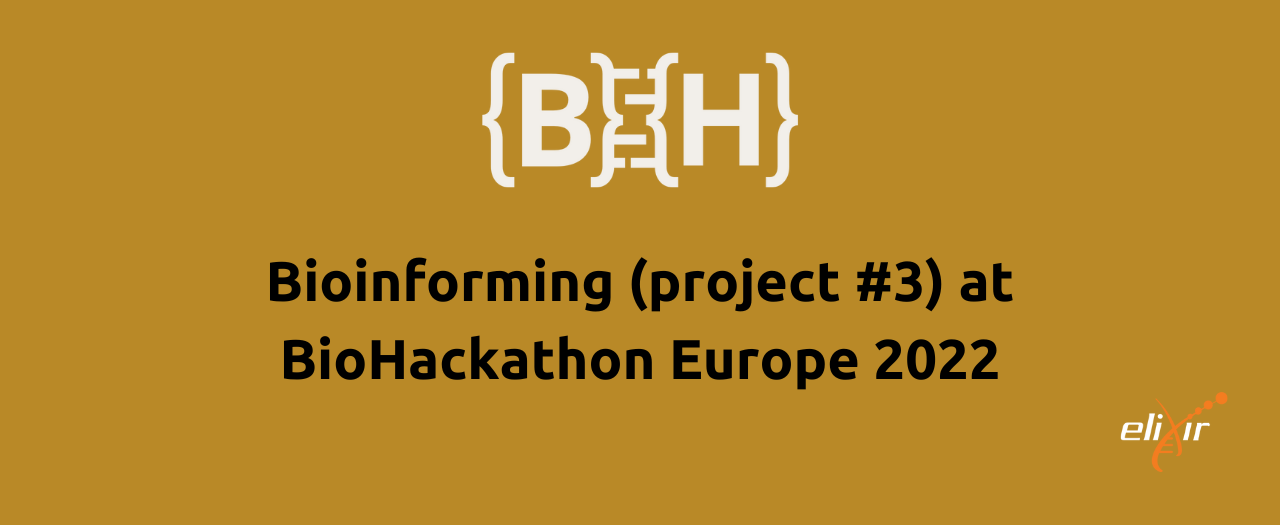Insights and outcomes from BioHackathon Europe 2022
Our participation in the BioHackathon Europe 2022 marked a significant milestone for Bioinform as we collaborated with international researchers to address bioinformatics challenges. The event in Paris showcased 35 projects, including our Bioinforming project, dedicated to fostering educational advancements in bioinformatics.
The BioHackathon, organized by ELIXIR Europe, is known for its collaborative, non-competitive atmosphere where experts advance open-source infrastructure for data integration, engage in community-driven projects, and strengthen ties within the ELIXIR network. Our project aimed to harness this collaborative spirit to design a comprehensive five-day bioinformatics training school tailored to young learners across different educational backgrounds.
Our team of six members and contributors from other groups received valuable feedback, working together through social events, tasty meals, and inspiring scientific discussions.
Empowering the next generation of scientists
We focused on providing accessible, hands-on training for high school and undergraduate students in biology and computer science, emphasizing bioinformatics basics, multi-omics data integration and sequence/structure analysis. This approach tailored education to various learning needs, combining theory with practical experience.
A curriculum beyond science
The training program, designed during the BioHackathon, went beyond traditional bioinformatics education. It aimed to instill an appreciation for career and Erasmus+ opportunities, biodiversity conservation and gender equality in science. By incorporating these elements, we sought to prepare students not just as future scientists but as informed global citizens.
FAIR principles in education
In alignment with the goals of ELIXIR, our project embraced FAIR principles to create teaching materials that are findable, accessible, interoperable, and reusable. This approach ensures that the resources developed can serve as a lasting educational foundation, facilitating ongoing learning and innovation in the field of bioinformatics.
Some results
Our approach to structuring training schools and improving bioinformatics education focuses on understanding dependencies among learning topics to design an effective training path. Our contribution outlines the use of “The Learning Path step-by-step protocol” (Cardona & Le Pera, 2022) for curriculum development, highlighting the need for prior knowledge in some areas to effectively learn others. In our paper titled “Bioinforming” we delve into these details, and in the results section, we showcase specific learning outcomes and activities designed to enhance understanding, such as analyzing protein structures and identifying species from DNA sequences, demonstrating a comprehensive and practical approach to bioinformatics training.
Looking ahead
Reflecting on our experience at the BioHackathon, we are inspired by the potential to expand our educational programs across Europe, enriching the content of our training schools and fostering a wider network of collaboration.


